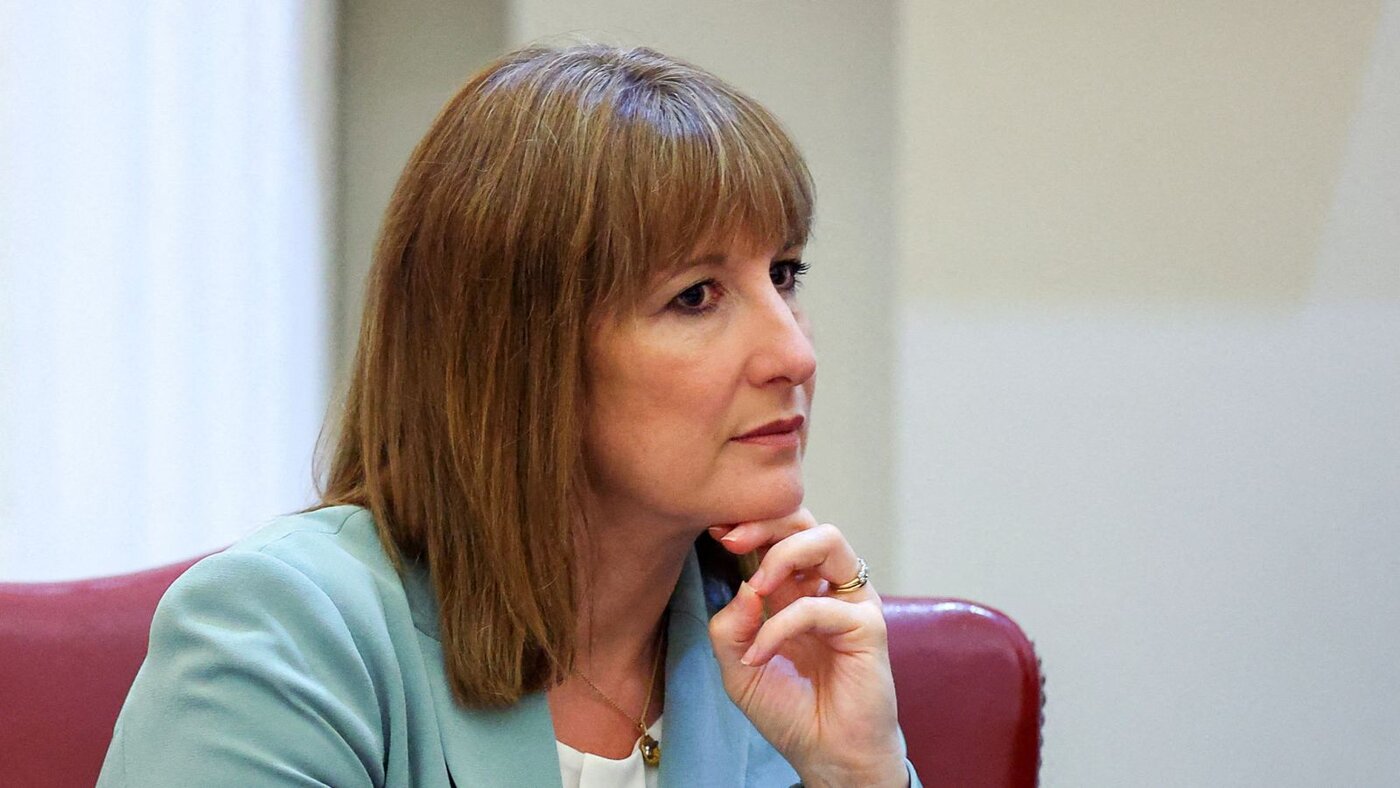Tax Rises Expected to Continue After Autumn Budget
Chancellor Rachel Reeves is facing renewed criticism ahead of her November 26 Budget, as economists and commentators warn that her tax increases will not stop there.
Despite previous assurances, analysts suggest that Reeves’s fiscal plans will likely involve further tax hikes in subsequent years, as Labour struggles to manage growing debt and stagnant private sector growth.
The Chancellor’s first Budget, dubbed the “Halloween Budget”, was described as one of the most sweeping tax raids in modern history. It raised employers’ National Insurance, increased capital gains tax, and introduced inheritance tax changes that critics say drove away investment and high-net-worth individuals.
Fallout from the “Halloween Budget” Still Felt
Reeves’s tax policies have already triggered widespread unease across key sectors. Farmers, entrepreneurs, and small business owners have voiced concerns over rising operational costs and falling confidence. Publicans have cited a drop in turnover, while families hit by higher taxes and the removal of education reliefs have had to shift their children from private to state schools.
Business leaders argue that the Government’s high-tax, high-spend model is undermining productivity and discouraging private investment a key driver of long-term economic growth.
Labour Accused of Ignoring Private Sector Reality
Economists have warned that Reeves’s fiscal strategy relies too heavily on state spending, with private sector activity showing signs of recession. The latest GDP data reveals that only the public sector continues to grow, prompting critics to accuse Labour of prioritising state expansion over enterprise.
“The private sector is shrinking while the state grows larger,” said one industry analyst. “This is exactly the model that Rachel Reeves and Ed Miliband are pursuing one built on political control, not productivity.”
Wealth Taxes and Fiscal Risks Loom
Despite pledges not to increase borrowing or major taxes again, speculation remains high that Reeves could unveil new wealth taxes or extend existing levies to fund spending commitments. Economists warn that targeting the country’s top earners could backfire, prompting an exodus of investors and entrepreneurs to lower-tax nations.
Wealth manager Rathbones previously warned that a wealth tax could lead to a £100 billion capital flight, as assets move abroad or into less productive areas of the economy.
Tax Rises Are No Substitute for Growth
Critics of Labour’s fiscal policy argue that higher taxes have not translated into stronger public finances. With public sector debt rising and private investment falling, they argue that Britain risks entering a long-term cycle of stagnation.
“Taxing productivity will only make Britain poorer,” said financial commentator Brian Monteith. “The Government should be cutting taxes like stamp duty and capital gains to attract investment, not driving out those who create jobs and growth.”
Calls for Reform and Spending Discipline
Experts say the only sustainable path forward lies in cutting unnecessary public spending and reforming major cost centres such as the NHS and pensions. Reducing the “triple lock” and limiting inefficient subsidies could help control government expenditure, while reducing corporate and personal taxes could reignite business activity.
Monteith added: “We need to turn Britain into a magnet for wealth, not a deterrent. Growth comes from private enterprise, not state expansion.”
A Long Road Ahead for Reeves
As the Autumn Budget approaches, pressure is mounting on Reeves to balance fiscal discipline with growth. The Treasury insists the Budget will “strike the right balance” between funding public services and supporting economic recovery.
However, with public trust shaken and business confidence faltering, many expect that Reeves’s next round of tax rises will be just the beginning of a longer, more painful fiscal cycle for Britain.











